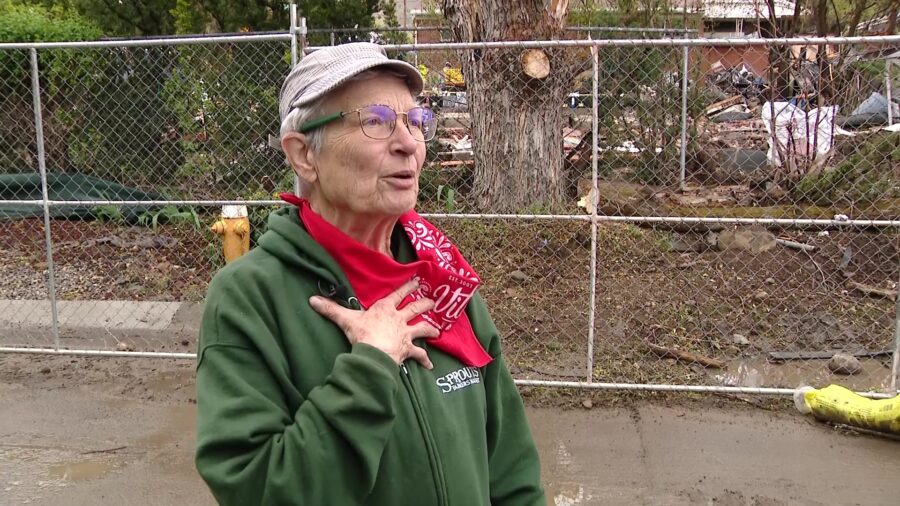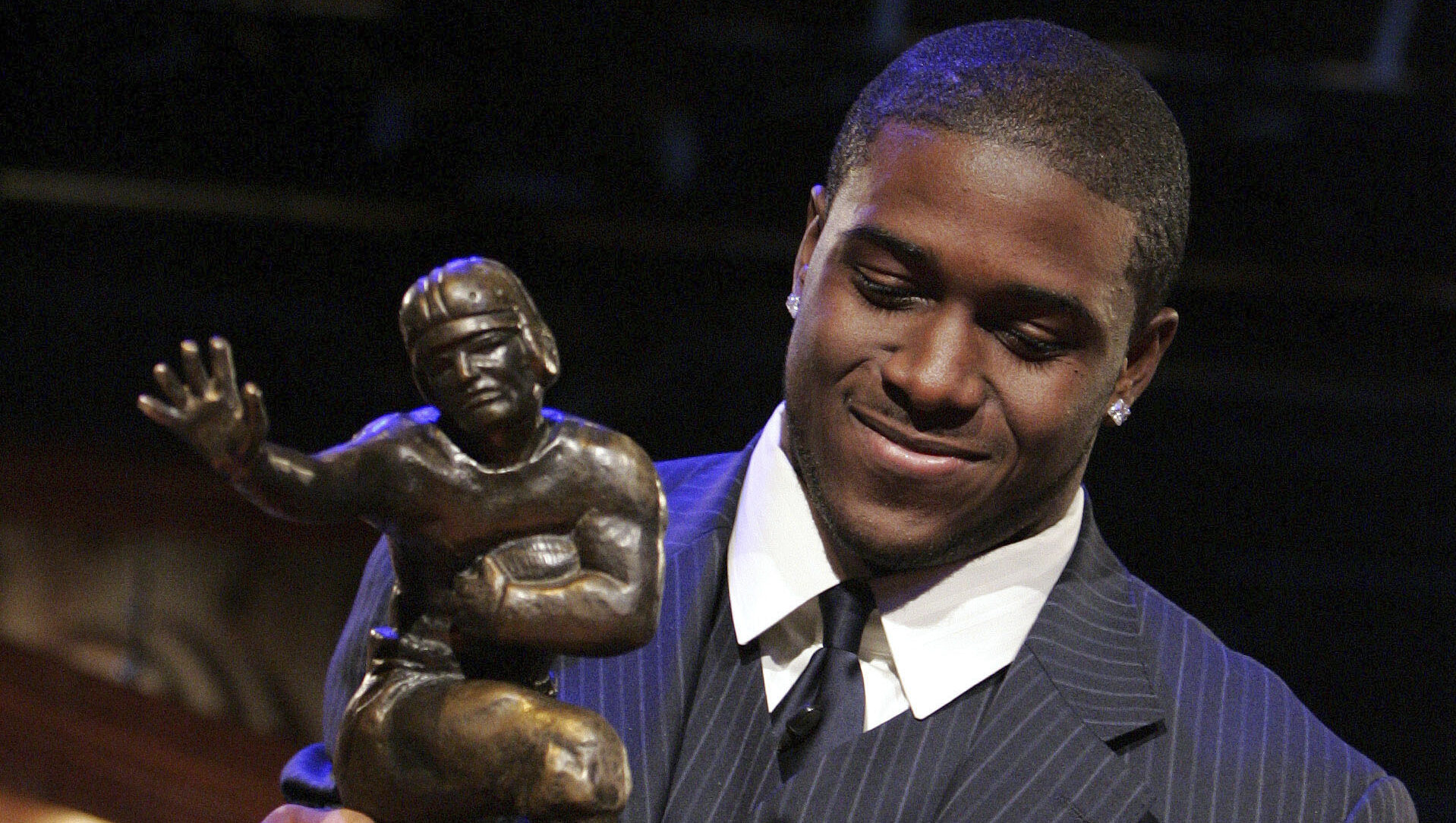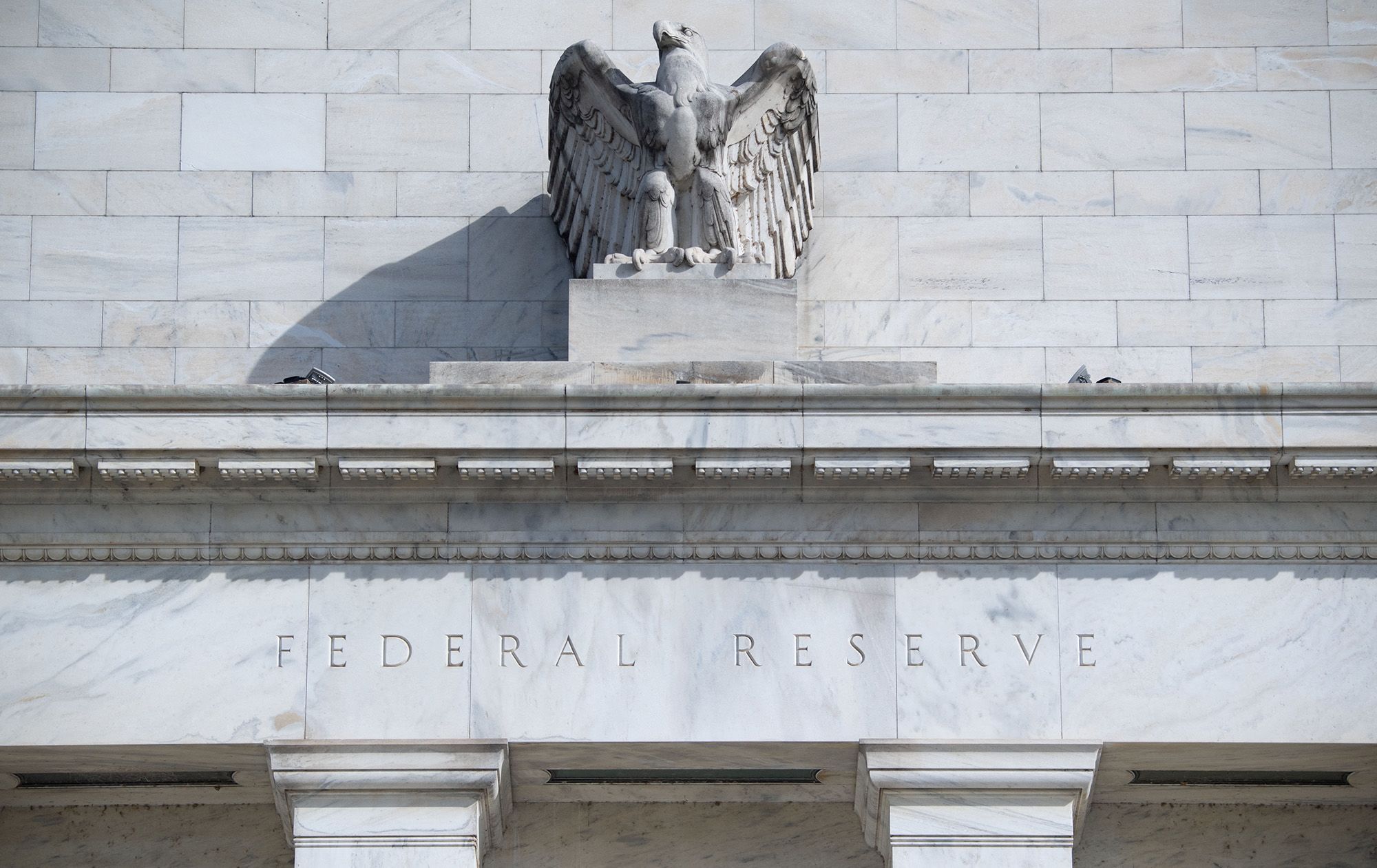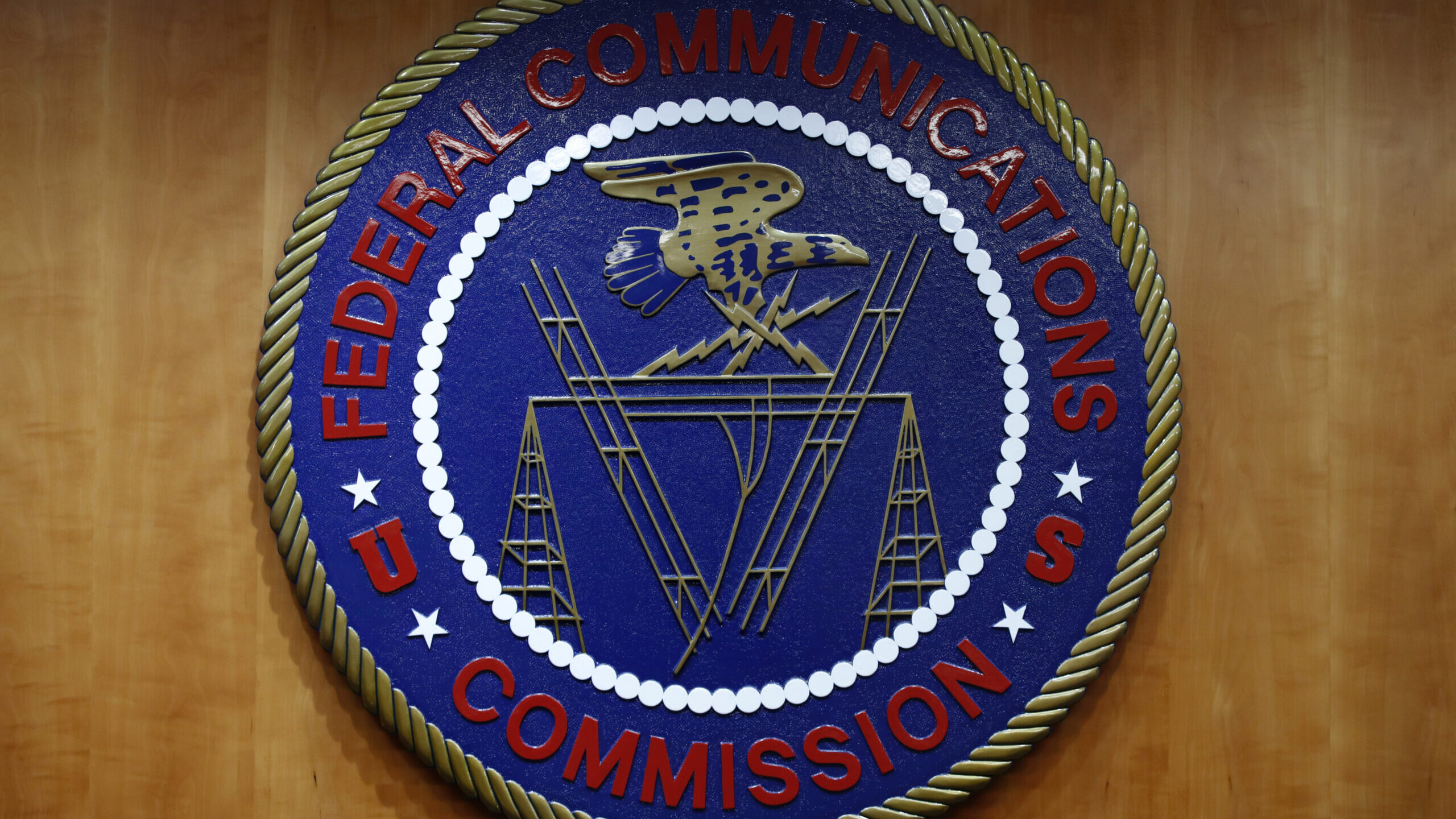Utah transgender nonprofit opens office in Orem
Oct 20, 2019, 10:51 AM | Updated: 11:24 am
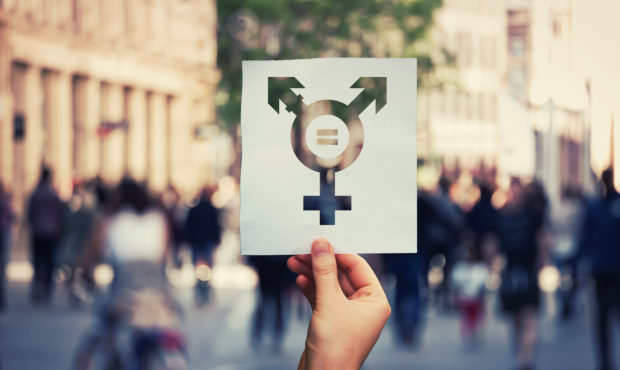
The Utah State Board of Education said schools will determine their own policies on gender identity. Photo credit: Getty Images.
PROVO, Utah (AP) — A project that started as a way for one transgender person to pay for gender-confirmation surgery has grown into a Utah-based nonprofit helping others who can’t afford the procedure.
Ian Giles founded the organization Genderbands, which provides free chest binders and awards surgical grants, The Daily Herald in Provo reported.
Giles, who uses they and them pronouns, started selling wristbands that read “pizza rolls, not gender roles,” in 2015 as a way to raise $10,000 for their own double mastectomy.
After using credit cards to cover the full cost, Giles turned Genderbands into a nonprofit to help others get surgery too.
The organization now sells bands reading “hearts, not parts,” along with the original slogan, as well as shirts, flags and pronoun pins to medical offices, universities, and corporations such as Amazon and Spotify.
“We are by trans, for trans, helping trans,” Giles said.
The group opened an office in Orem this summer and hosted the state’s first transgender Pride festival in September.
The office’s location was intentional, aimed at helping fill a local gap in services for transgender people.
“For me, personally, it was that trans resources — or LGBTQ resources, period — are lacking seriously in Utah County,” Giles said.
Creating a space just for transgender people gives them a place to go where they can play games or watch a movie without having to worry about defending their identity or explaining their pronouns, Genderbands board member D Porter said.
The organization has awarded grants for six surgeries and plans to fund four in its next application cycle, which opens Nov. 1 and closes Dec. 31. The number of surgeries it funds every year depends on funds and donations.
So far, the group has only funded double mastectomies, also known as top surgery, for transmasculine people, but leaders are looking at expanding into transfeminine surgery grants.
A double mastectomy averages from $6,000 to $10,000, and while many insurance companies cover the procedure, that’s not an option for everyone, Giles said.
And for Giles, the procedure has been life-changing.
“I can go on hikes and take my shirt off,” Giles said. “I still fear discrimination and violence, but I am a lot more comfortable.”



